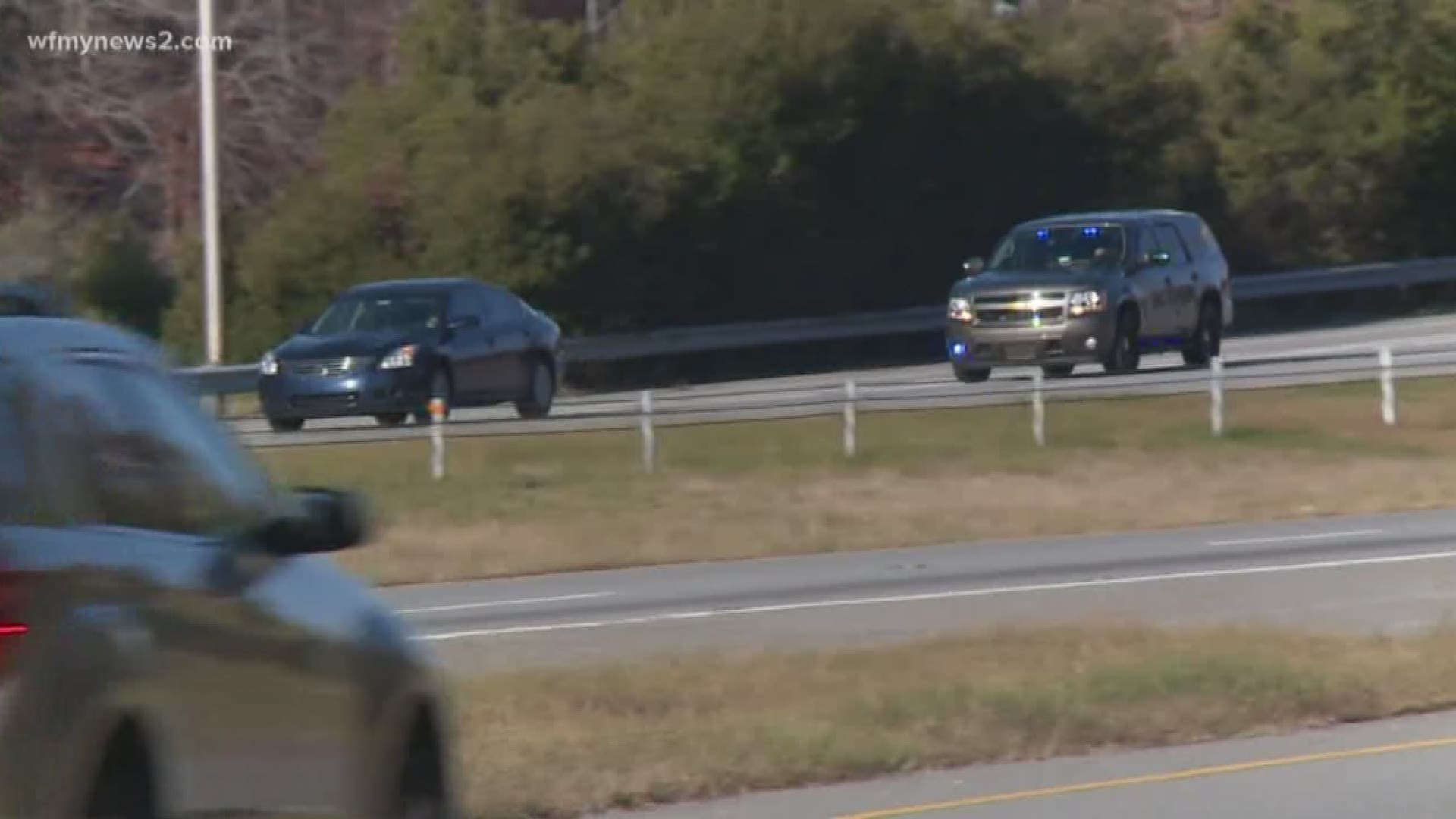Chad Britton was walking to his car in 2014 when, at the age of 16, he was struck and killed outside his high school by another teenager under the influence of marijuana.
An increasing number of drivers think they can get away with smoking and getting behind the wheel – leading to more unfortunate cases like Britton's.
A new AAA study looked at 10 years of traffic deaths in Washington state and found that the number of stoned drivers involved in deadly car crashes has more than doubled since recreational marijuana was legalized there in 2012. The organization is urging the 33 states that allow recreational and/or medical use to do more to stop people from smoking and driving.
New data from the study shows that in 2017, more than one in five drivers were high.
"If you're going to use marijuana, you shouldn't drive," AAA's director of traffic safety Jake Nelson told CBS News' Kris Van Cleave. "And if you know you have to drive, you should not use marijuana in any shape or form."
Nelson said the rate of driving stoned is increasing as marijuana becomes more widely available.
Washington state authorities echoed Nelson's sentiment, with dash-camera video showing police encounters with drivers under the influence of THC becoming more common.
State patrol Lieutenant Bruce Maier said that he and other officers "run into it every day." He also stated that drivers often mix pot with alcohol or other drugs.
"It affects your cognitive abilities, your decision-making. It slows down your reaction time," he warned.
In Colorado, where Chad Britton's family lived at the time of his tragic death, 69% of residents surveyed identified as cannabis users who had driven high in the last year. Ten percent believe they actually drive better after smoking pot.
While AAA believes legalizing marijuana presents a danger to auto safety, pro-pot lobby group 'NORML' disputed their study. They argued that the spike in marijuana-related stops are at least partially due to testing becoming more common.
Nelson said laws limiting how much THC can be in a driver's blood content are "completely meaningless" in terms of predicting how impaired they are behind the wheel. He instead suggested that enforcement should include a two-tiered system – testing for recent use as well as evidence of impairment.
Stay connected to local, national and breaking news: Download the new WFMY News 2 app.
►Text the word APP to 336-379-5775
►For the latest weather conditions and forecast text the word WEATHER to 336-379-5775
►For traffic alerts text the word TRAFFIC to 336-379-5775

